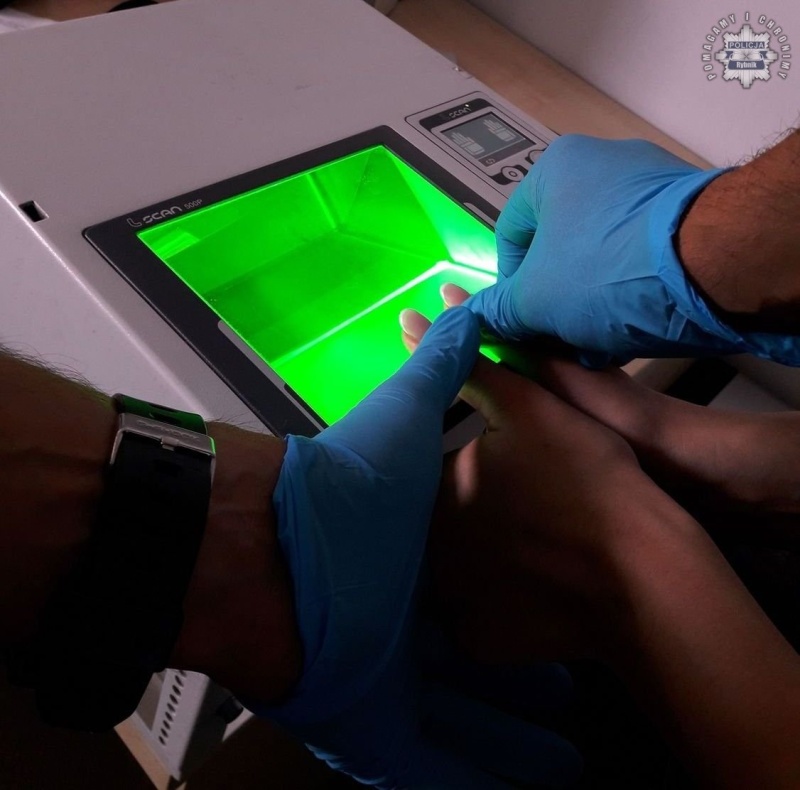For the second time, the Berlin court declared the innocence of the pharmacist persecuted by the industry's colleagues to refuse to sale a ‘tablet day after’. The appeal office indicated that the man had the right to direct himself in his business with the voice of conscience. At the same time, the verdict indicated that if the suspect had a opposition to the sale of lawful substances, he should abandon his profession.
Andreas Kersten refused to store and trade abortion pills a fewer years ago. For this reason, as of 2018, the Berlin Pharmacy Chamber conducted proceedings against this man, formerly the owner of the Undine pharmacy. In 2020, the Berlin Administrative Court acquitted the apothecary, stating that he had the right to follow his own conscience. The judgement was challenged by the House, seeking a hard punishment for a colleague by profession.
However, the fresh ruling upholds the verdict of the lower instance. The Court of First Instance maintained the acquittal judgement and so dismissed the full appeal of the Pharmacy Chamber and ordered it to pay the costs.
Considered innocent Kersten himself a “hot Catholic”. Moreover, he erstwhile proposed a pro-life flyer to 1 of his clients, and his pharmacy was celebrated for its run against contraception and early-porn measures, making it the mark of attacking leftist activists.
The pharmacist and erstwhile owner of Undine Pharmacy, since 2018 was the mark of a professional procedure conducted by the Berlin Pharmacy Chamber in connection with the exercise of the right to freedom of conscience. In November 2019, Kersten received a affirmative decision from the Chamber of Professional Claims in the Berlin Administrative Court, which ruled that pharmacists had the right to follow their conscience.
In 2020, the court issued a judgement acquittal of the pharmacist. Kersten, however, had to wait a long time for the final decision – for another 4 years.
In spite of the acquittal, the Board of Appeal indicated that, under the law, the refusal to sale a childicide pill ‘was not justified’. As the court added, each pharmacist must fulfil his/her professional obligations, which include providing legally authorised means to clients (which are included in the ‘day after’ pill). The justice pointed out that Andreas Kersten and any pharmacist who could not reconcile his conscience with her should resign from the profession.
The decision of the court was based on existing rules and regulations on the liability of pharmacists. Regulations guarantee that all citizens have access to the essential measures and treatments. At the same time, the Basic Law of the national Republic of Germany (Constitution) in Article 4 p. (1) states that "the freedom of religion, freedom of conscience and freedom of spiritual beliefs and worldview are inviolable". Furthermore, constructions akin to the Polish clause of conscience are reflected in the German law on avoiding and overcoming conflicts related to pregnancy and the law on the protection of unborn children.
So far, apart from the case, no German court has ruled on the protection of the conscience of a pharmacist, which has caused the conviction to have a crucial impact on the destiny of pharmacists in Germany. The ruling is so precedentous and confirms the anticipation of referring to the freedom of conscience, despite the judge's absurd objection to "the superiority of professional duties" towards moral convictions.
– I am relieved that the court has rejected the sanction the home of Pharmacy demanded against me. I became a pharmacist to advance wellness and even save lives. I cannot reconcile the sale of the alleged "day after" pill with my conscience due to the anticipation of ending human life, even prematurely. The court of first instance initially agreed to my position, not seeing the guilt in my clause of conscience. But even though I've been acquitted, I'm terrified of reasoning that widely rejects our freedom of conscience. Now pharmacists can be forced to abandon their beloved profession only due to the fact that they stay faithful to their beliefs – commented Andreas Kersten.
– Force individuals to act against their profoundly rooted beliefs raises ethical doubts about autonomy and respect for conscience.
Different countries have different approaches to balancing professional duties and freedom of conscience, but most European countries have a freedom of conscience, in Poland referred to as a "clause of conscience". The judgement may constitute a precedent for akin cases in the future, influencing how the courts will consider individual beliefs, including in the performance of professional duties – noted Julia Book from the Ordo Iuris global Law Center.
KAI/work. FA












